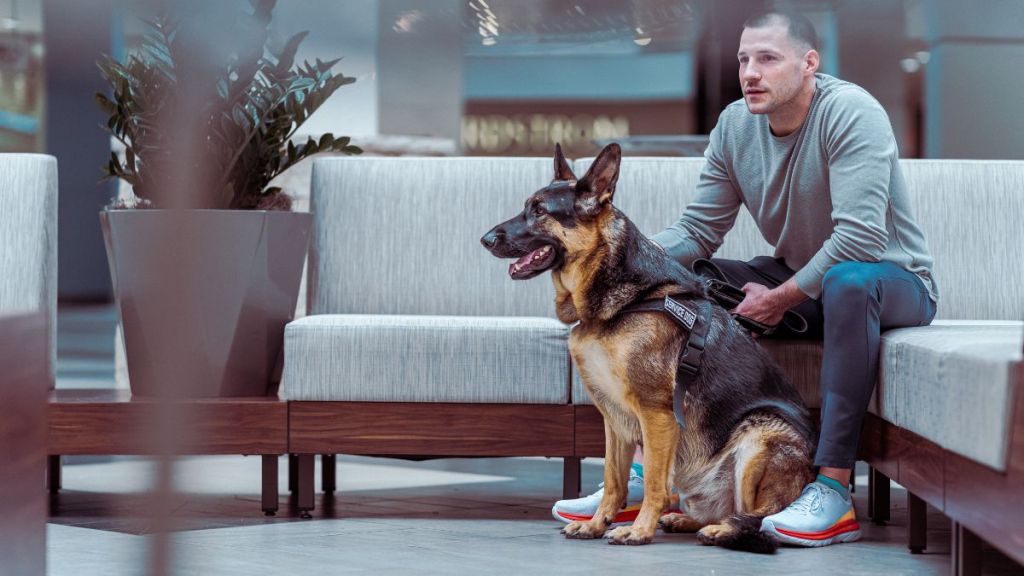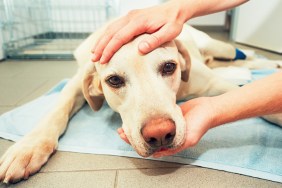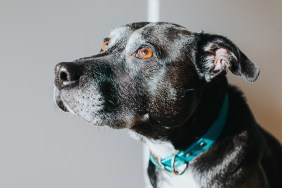A recent National Institutes of Health-funded clinical trial studied the effects of having the companionship of service dogs for veterans diagnosed with post-traumatic stress disorder (PTSD). The research looked into how the canines benefit veterans and help improve symptoms of PTSD.
NIH-funded study finds veterans with PTSD can benefit from service dogs
June being PTSD Awareness Month, the University of Arizona College of Veterinary Medicine and K9s For Warriors collaborated to analyze further how service dogs benefit veterans with PTSD. In the first-ever NIH-funded clinical trial, they examined more than 156 military veterans for three months.
The research combined results from the veterans’ self-reported symptoms and doctors’ assessments. It looked at quality of life, psychosocial functioning, and social health. According to Fox News, the NIH-funded study is the largest of its kind. It involved 81 veterans with service dogs and 75 without them, all diagnosed with PTSD.
The study found that military veterans with service dogs had a 66% lower chance of being diagnosed with the disorder. Moreover, they had lower levels of depression and anxiety. Having furry companions by their side also boosted the veterans’ social and emotional well-being. While it is well-known that service dogs have helped improve veterans’ mental health, the NIH-funded study provides more insight into this.
About 23% of military personnel suffer from PTSD, and veterans have a higher chance of dying by suicide. Chief program officer of K9s for Warriors, Kevin Steele, stated that canines can play a life-transforming and life-saving role. The service dogs can help them communicate better with others and drastically improve their quality of life.
With the NIH-funded study, professionals have the scientific backing to suggest that veterans consider getting a service dog. Moreover, Dr. Maggie O’Haire of the University of Arizona College of Veterinary Medicine noted that this will “increase effectiveness, reduce side effects, and make it better for both the person and the animal.” All the veterans examined in the study have beautiful survival stories, all thanks to their service dogs.









